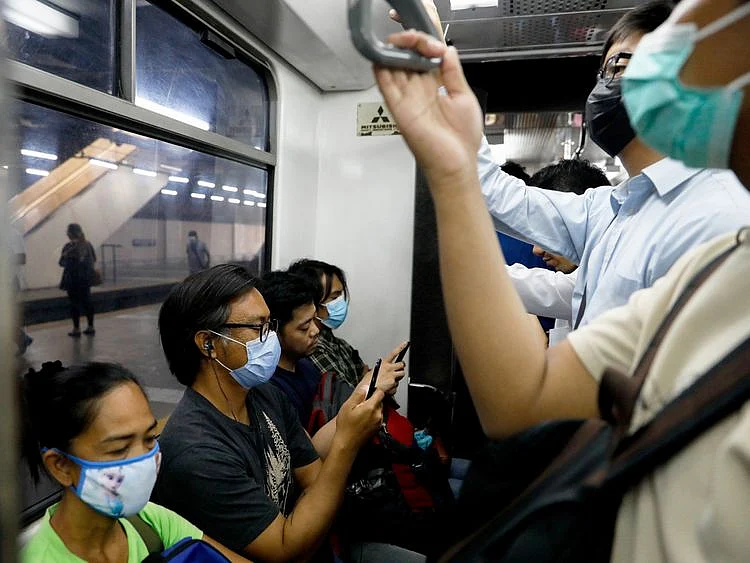Philippines: 5 COVID-19 patients have recovered, says health chief
Test kit developed by Filipino researchers to start field tests March 16

Also In This Package
MANILA: Five of the new coronavirus cases in the Philippines have recovered, according to a top government officials.
Philippine Health Secretary Francisco Duque told the local media on Sunday that the country has recorded (as of Saturday, March 14) 111 cases of the coronavirus disease 2019 (COVID-19) — including 8 fatalities.
In an interview on radio DZMM, Duque said the agency is awaiting test results of 72 other individuals.
He said 638 have tested negative for the virus.
"Matagal talaga ang recovery period (recovery period takes time). For mild to moderate cases of COVID-19 infection, (recovery) is anywhere from 2-3 weeks. Yung critical aabutin lampas ng 1 buwan, 3-6 weeks. So hindi madali (Those who are in critical condition, it takes more than 1 month, 3 to 6 weeks. So it's not easy)," he told radio DZMM.
Among those who recovered were the two Chinese tourists tagged as Case Nos. 1 and 3.
Both have returned to China.
Tracing, testing
Medical staff in both government and private hospitals had been ordered to prepare for the worst, with many ordered to work straight for weeks — away from their own familites — possibly with little sleep.
The government expects the number of persons suspected of carrying the virus to spike due to government's contact-tracing of those who interacted with patients infected with COVID-19, Duque said.
A spike in the number of cases is expected due to confirmed local transmission, he said.
"If we test more people, maybe more will test positive. So our case mortality rate will decrease — that's the number of deaths over number of infection," Duque said adding that the current mortality rate in the country stands at 7 percent.
Test kits: some donated, some locally made
The Philippines has received 500 COVID-19 test kits from South Korea and is awaiting the delivery of 5,000 more, according to Duque.
China, meantime, has pledged 10,000 test kits, he added.
Filipino scientists also developed their own test kits, which are set to undergo field validation from March 16, before being allowed by state health regulators for public use.
Sign up for the Daily Briefing
Get the latest news and updates straight to your inbox
Network Links
GN StoreDownload our app
© Al Nisr Publishing LLC 2025. All rights reserved.